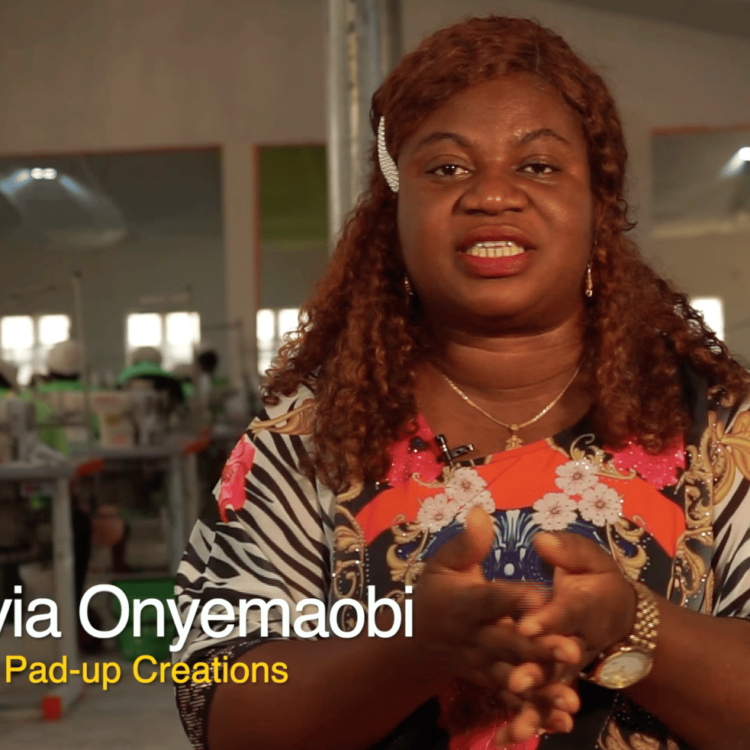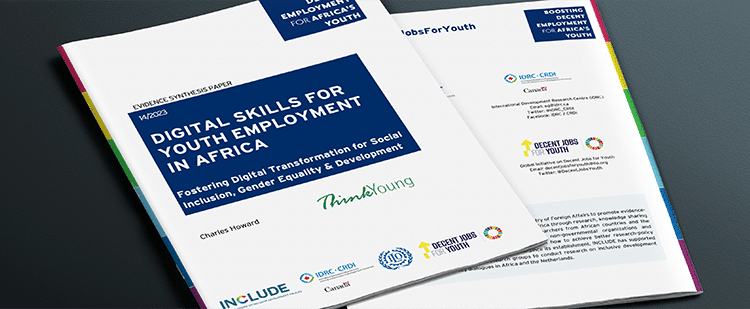As this post is being written, hundreds of refugees from the Middle East and Africa are embarking on a precarious journey to Europe. European governments are struggling to manage the crisis, leading to ever more disheartening debates over issues of social responsibility and morality. These concerns were already being expressed in January this year at the World Economic Forum in Davos, where pessimism seemed to reign and the discussions centred on fears of mounting religious tensions and international conflict.
One major concern of the attendees at Davos was the discouraging trend of rising inequality. There is growing empirical evidence that inequality in the ‘developed’ world has been on the rise since the 1970s, while other studies have documented the relationship between increasing inequality and conflict. Even as certain previously low-income countries become economic success stories, there is a general sense that governments have not done enough to address the needs of the marginalized.
It is within this context that the European Journal of Development Research (EJDR) published a Special Issue devoted exclusively to a new idea that is garnering more and more attention: inclusive development. Supporters of the need to achieve growth before beginning ‘redistribution’ have failed to back up their claims with empirical evidence. Therefore, inclusive development is being discussed as a critical approach for both lifting people out of poverty and creating more just, equitable and sustainable societies. However, steering an economy towards economic growth that incorporates a plurality of social and political actors, while reducing poverty and inequality in a sustainable manner, is a daunting task. The Special Issue looks at how strategic governance can play an important role in this respect.
This Special Issue commemorates the work and academic achievements of Professor Isa Baud, who on 11 September 2015 bid farewell to the Governance and Inclusive Development research programme at the University of Amsterdam. In particular, it celebrates her ideas and insights regarding strategic governance in urban environments and inclusive development in the Global South. The contributors to this issue have either actively collaborated with Professor Baud in these areas or have sought to theoretically or empirically advance her ideas.
The issue brings together conceptual and theoretical contributions from across multiple disciplines. Topics covered include urban water governance in South Africa, the use of big data to improve urban life in two Caribbean cities, inclusive value-chain collaboration in the context of food sovereignty, the role of teachers in tackling gender issues in the Bolivian educational system, and the implications of mechanized fisheries in India. It also contains contributions on the growing debate on inclusive growth and an elaborated theory on the concept of inclusive development.
The issue hopes to honour and promote Professor Baud’s academic vision by contributing to the policy debate on ways to include all groups in the development agenda. Rich countries might find inspiration and good reasons in this issue to collaborate on equal terms with poor countries that experience related social-economic, political and environmental problems.





